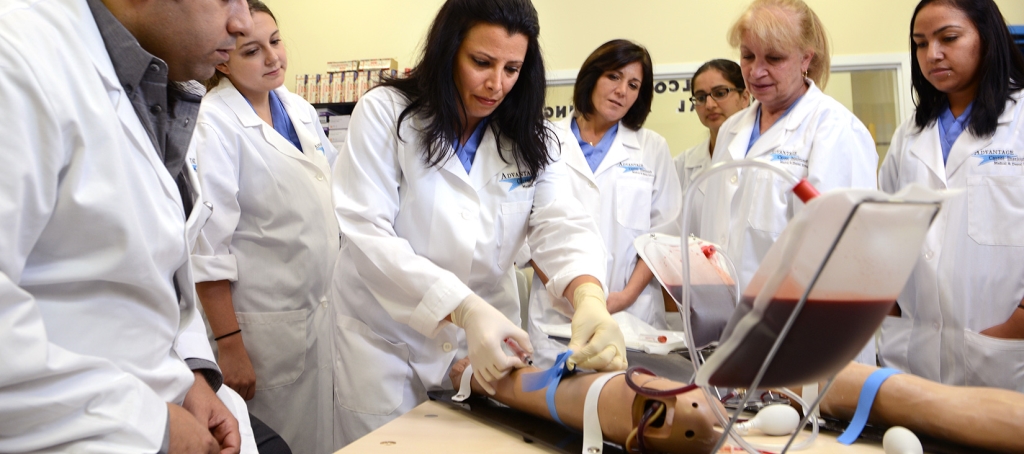**Title: Phlebotomy Technician: Your Comprehensive Guide to Education, Training, and Certification Requirements**
**Introduction:**
Are you interested in pursuing a career as a phlebotomy technician? This comprehensive guide will provide you with all the information you need to get started on your journey towards becoming a certified phlebotomist. From education and training requirements to certification options, we will cover everything you need to know to succeed in this rewarding field.
**Education Requirements:**
To become a phlebotomy technician, you will typically need a high school diploma or equivalent. While there are no specific degree requirements for this profession, many employers prefer candidates who have completed a phlebotomy training program. These programs are often offered by community colleges, vocational schools, or technical institutes and can range from a few weeks to several months in length.
**Training Requirements:**
Phlebotomy training programs typically cover topics such as anatomy, physiology, medical terminology, and phlebotomy techniques. Students will also receive hands-on training in drawing blood, handling specimens, and interacting with patients. This practical experience is essential for developing the skills needed to excel in this field.
**Certification Requirements:**
While certification is not always required to work as a phlebotomy technician, many employers prefer to hire certified professionals. One of the most widely recognized certifications for phlebotomists is the Certified Phlebotomy Technician (CPT) credential, which is offered by organizations such as the National Healthcareer Association (NHA) and the American Society for Clinical Pathology (ASCP). To become certified, candidates must typically complete a phlebotomy training program and pass an exam.
**Benefits of Certification:**
Becoming a certified phlebotomy technician can open up more job opportunities and potentially lead to higher salaries. Certification also demonstrates to employers and patients that you have met certain standards of competence and professionalism in the field. Additionally, maintaining certification may require continuing education, which can help you stay current with the latest developments in phlebotomy practice.
**Practical Tips for Success:**
– Practice your phlebotomy techniques regularly to improve your skills
– Develop strong communication skills to interact effectively with patients
– Stay up-to-date on industry trends and best practices
– Network with other healthcare professionals to expand your professional connections
**Conclusion:**
pursuing a career as a phlebotomy technician can be a rewarding and fulfilling path for those interested in the healthcare field. By completing the necessary education, training, and certification requirements, you can position yourself for success in this growing profession. Whether you choose to work in a hospital, clinic, or laboratory setting, your role as a phlebotomist will be crucial to the healthcare system.
**Additional Resources:**
– [Link to NHA Certification Information](www.nhanow.com/certifications/phlebotomy-technician)
– [Link to ASCP Certification Information](www.ascp.org/content/clinical/technologist/phlebotomy)
Remember, the key to success as a phlebotomy technician is dedication, hard work, and a commitment to providing quality care to patients. Good luck on your journey to becoming a certified phlebotomist!
